Hong Kong lawmakers passed a security law that would impose life imprisonment for treason and rebellion.
"Today is a historic moment for Hong Kong," Chief Executive Lee Ka-chiu said on March 19 after lawmakers voted to pass the security law, which is expected to take effect on March 23.
The law stipulates penalties for dozens of crimes in five groups including treason, rebellion, theft of state secrets and espionage, sabotage that endangers national security, and foreign interference.
Charges of treason, rebellion, and sabotage endangering national security can carry a sentence of life in prison. Espionage carries a penalty of up to 20 years in prison, and foreign interference carries a sentence of up to 14 years.
The Hong Kong security law will take effect in parallel with the national security law that China passed in 2020. Under Article 23 of Hong Kong's 2003 Basic Law, the special administrative region must enact its own security law.
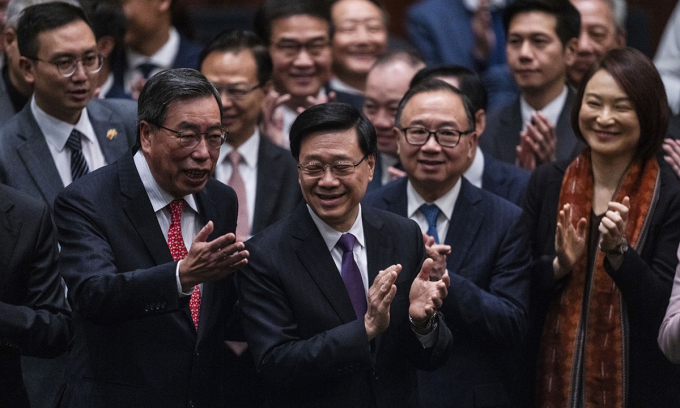
Chief Executive Lee Ka-chiu (second from left) and Hong Kong lawmakers applaud after the security law was passed on March 19. Photo: AP
The US, UK and EU have said the Hong Kong security law could further curtail freedoms in the special administrative region. The UK has urged Hong Kong authorities to review the law, while the US said it could complicate the national security law China enacted in 2020.
However, Mr. Lee asserted that Hong Kong's security law was necessary to fill legal gaps in China's national security law, which targets secession, subversion, terrorism and collusion with foreign forces.
"The Act will enable Hong Kong to effectively prevent, deter and punish espionage plots, plans and activities by foreign intelligence units, and infiltration and sabotage activities carried out by hostile forces," Mr. Lee said.
China's National Security Office in Hong Kong called the security law the special administrative region just passed "the Great Wall of law", and affirmed that "most Hong Kong people and international investors will benefit" from this law.
Nguyen Tien (According to AFP )
Source link








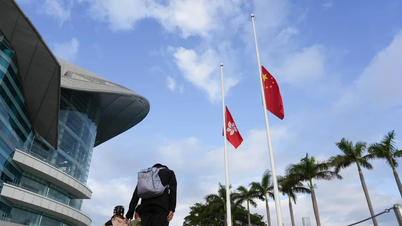



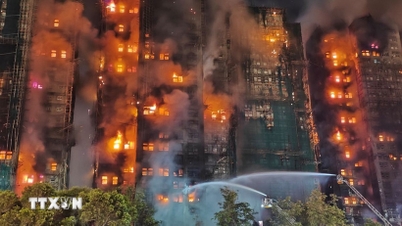



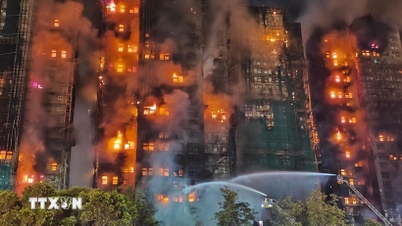



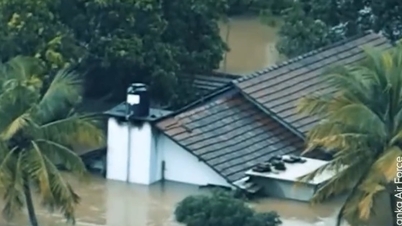


































































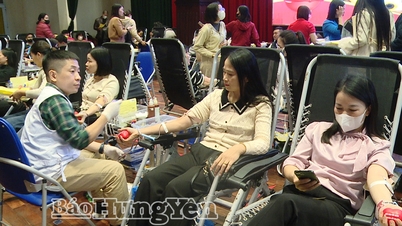






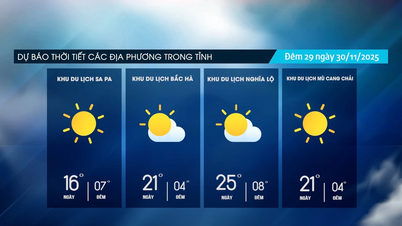











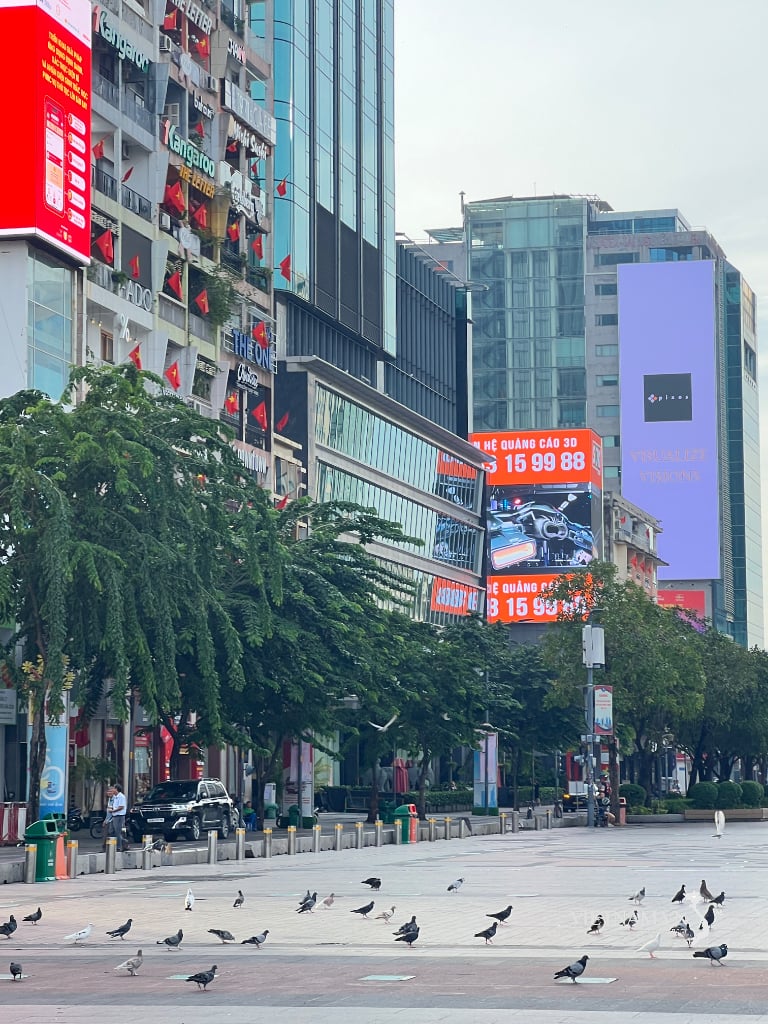



Comment (0)